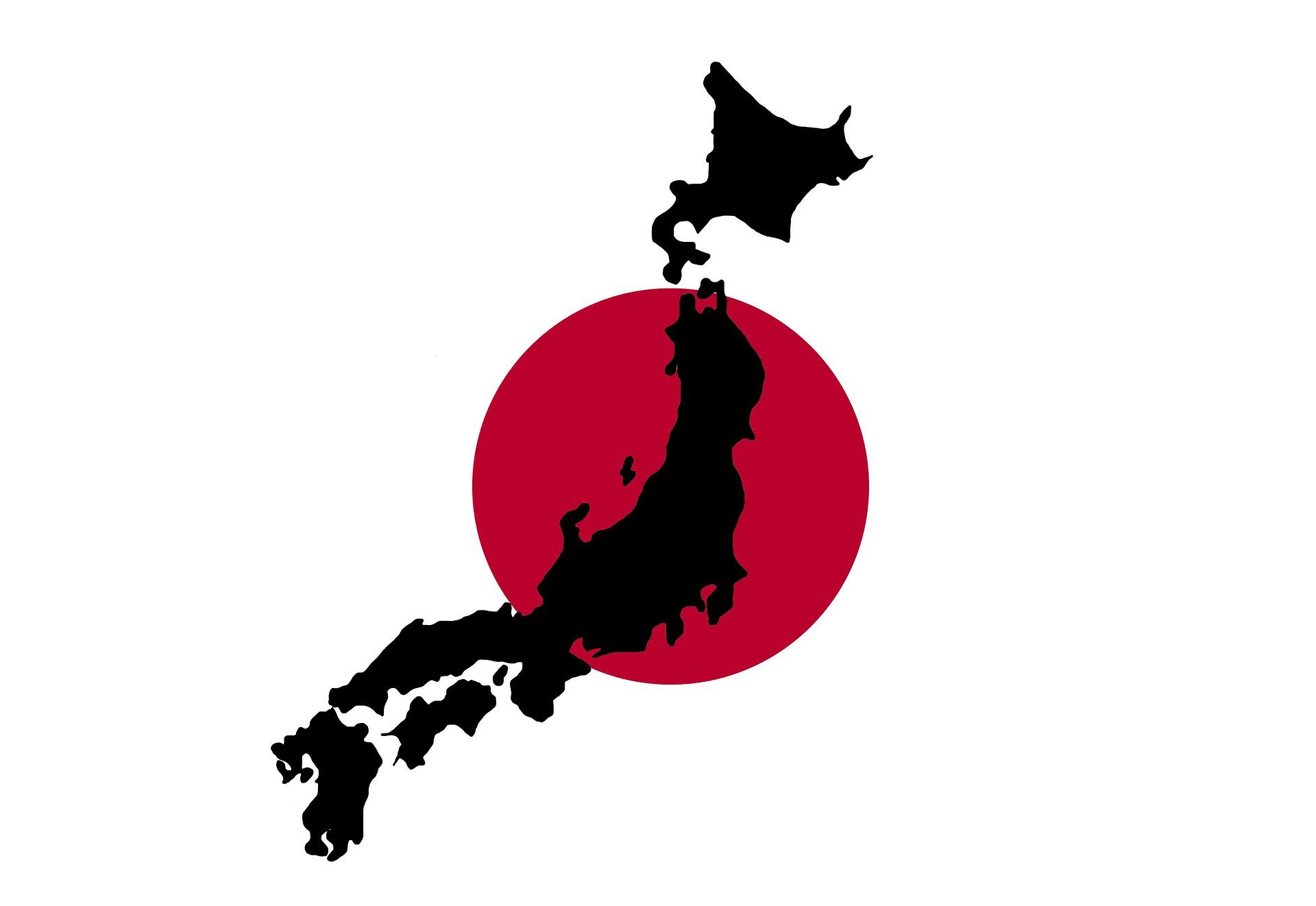
Japanese equity markets have just recorded the largest weekly capital outflow in history, with nearly $12 billion withdrawn from equity funds in a single week. This marks a significant deterioration in investor sentiment and places Japan in the spotlight for all the wrong reasons.
The data shows a sharp and sudden acceleration in capital flight, with the weekly outflow approaching the $12 billion mark—an extreme move not seen even during major global selloffs over the past eight years. This week’s outflow significantly exceeds previous records, including the COVID-19 shock and other periods of geopolitical or financial stress.
The average investor sentiment over the past month has turned decisively bearish. The 4-week moving average of fund flows has also plunged deep into negative territory, showing a sustained and worsening pattern of withdrawals. Weekly fund flows have oscillated sharply since 2017, but the recent drawdown is unmatched in magnitude and speed.
Looking back over recent years, Japan’s equity fund flows have often seen modest inflows and outflows ranging between plus or minus $2 billion, with only occasional spikes in either direction. Notable outflows around -$4 billion to -$6 billion occurred during high-stress periods such as late 2018 and early 2020. However, none of those periods saw anything close to the current $12 billion exit.
This exodus comes on the heels of alarming remarks from the Japanese Prime Minister, who recently declared that Japan’s economic situation is worse than that of Greece—a country long associated with sovereign debt crises and financial instability. The comment sent shockwaves through financial circles, further shaking confidence in Japan's fiscal and economic future.
At the same time, Japan’s bond market is flashing warning signs. Yields on Japanese government bonds have surged to their highest level in years, indicating increasing pressure on borrowing costs and potential shifts in monetary policy. Rising yields often signal reduced investor demand for government debt or expectations of inflation and tighter central bank policies.
Adding to the grim outlook, Japan has just been overtaken by India to become the world’s fifth-largest economy. This symbolic yet significant development highlights Japan’s shrinking global economic footprint and reflects both its internal struggles and India’s rapid growth momentum.
Altogether, the record-setting capital outflows, rising bond yields, historic investor pessimism, and concerning government rhetoric point to deepening economic uncertainty in Japan. Investors globally are reassessing their exposure, raising questions about how long this negative momentum will last—and what could finally turn the tide.
Disclaimer:
This article is for informational purposes only and does not constitute investment advice. Readers are advised to conduct their own research or consult a financial advisor before making any investment decisions.




